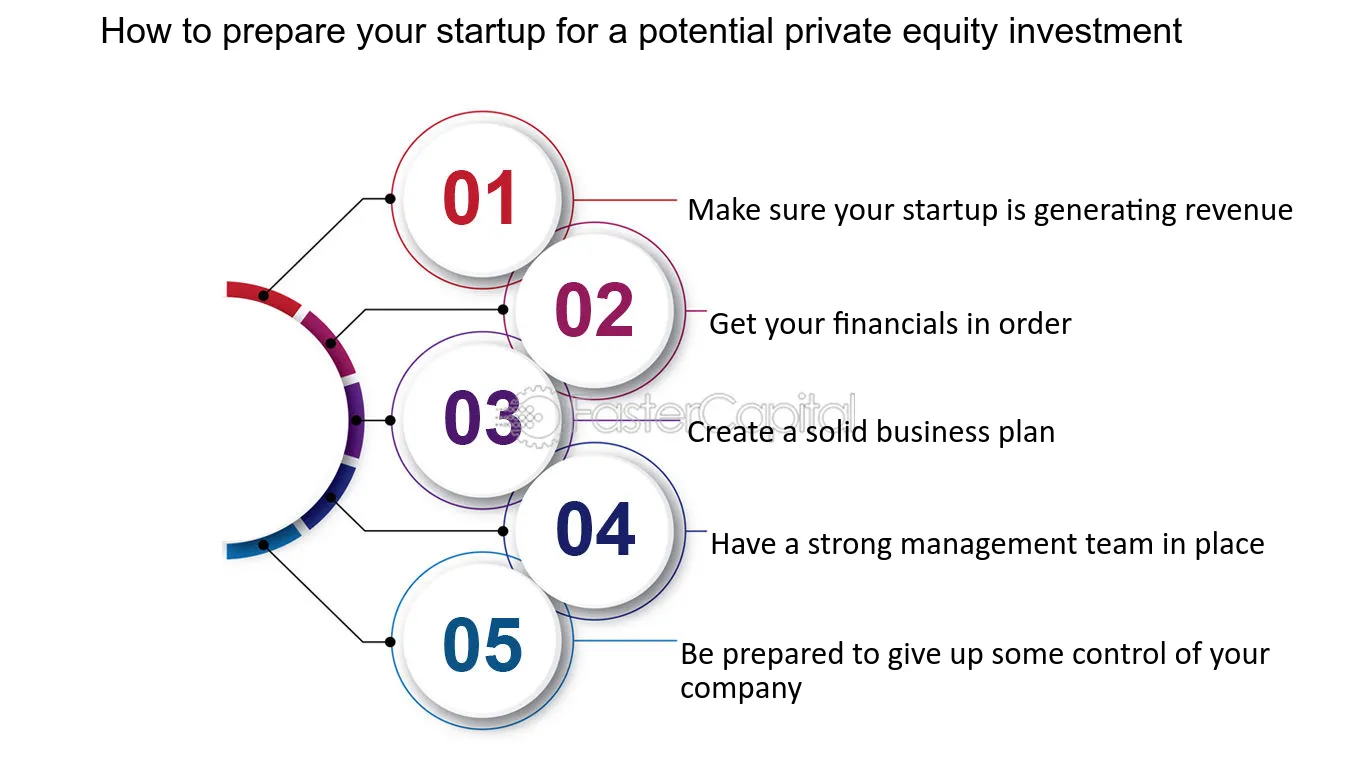For many aspiring entrepreneurs, the prospect of securing funding for their startup can seem like an insurmountable challenge. The world of startups is highly competitive, and only those with a clear understanding of what makes a business investable can hope to attract the attention of potential investors. In this article, we’ll delve into the intricacies of what sets successful startups apart from the rest. Join me as we explore the critical factors that can make or break a startup’s chances of securing the necessary capital for growth and development.
Understanding the Fundamentals of an Investable Startup
1. Scalability: Building for Sustainable Growth
One of the foremost considerations for any startup is scalability. The ability to scale your business is essential for long-term success, especially when seeking investment. Scalability refers to the capability of your product or service to be sold repeatedly without incurring additional costs per unit. For instance, developing software or a digital product that can be sold multiple times without incurring substantial extra expenses is a prime example of a scalable business model. While certain services like consulting might deliver excellent value, their inherent limitation in scaling could make them less appealing to potential investors.
2. Protectability and Unfair Advantage: Securing Your Position
Beyond scalability, the protectability of your business is crucial. Investors are keen on backing startups that have a clear and sustainable competitive advantage. This advantage could stem from various sources such as proprietary technology, unique data sets, or even a strong and recognizable brand. Establishing a unique and defensible position in the market is vital for long-term success and investor confidence.
3. Healthy Cap Table: Building a Solid Foundation
The importance of maintaining a healthy cap table cannot be overstated. A cap table, essentially a list of a company’s shareholders and their respective ownership stakes, serves as the bedrock of your startup’s equity structure. Making errors in the cap table can have long-lasting implications, including potential conflicts with investors and other shareholders. Therefore, exercising prudence and caution in managing your cap table is of paramount importance.
4. Full-Time Commitment: Demonstrating Dedication
Investors are not just interested in your product or service; they are investing in you as an entrepreneur. Demonstrating your unwavering commitment to your startup by being fully dedicated to its success is a non-negotiable factor. Potential investors are unlikely to take a chance on a half-hearted endeavor. They want to see that you’re fully immersed in making your startup a success.
Real-World Examples of Successful Startups
1. Scalability: The Case of ‘Subway Surfers’
The immensely popular mobile game ‘Subway Surfers’ serves as a prime example of a highly scalable product. With over two billion downloads, the game’s design enables continuous revenue generation without incurring significant additional costs per user. This remarkable scalability has been a key factor in its enduring success in the highly competitive mobile gaming industry.
2. Protectability: Leveraging Data and Building Brands
Companies like Vivino have capitalized on the power of proprietary data to create a substantial competitive advantage. By accumulating and leveraging data, Vivino has established a strong position in the wine industry, enhancing its product offering and setting itself apart from competitors. Additionally, the strategic development of a strong and recognizable brand, as exemplified by Beats headphones, can significantly contribute to a startup’s protectability and market positioning.
3. Healthy Cap Table: Avoiding Common Pitfalls
The significance of maintaining a healthy cap table cannot be emphasized enough. Mishandling the ownership structure early on can lead to significant complications down the line, potentially deterring future investors and impeding the company’s growth. Thus, it’s crucial to approach cap table management with careful consideration and foresight.
Conclusion: Ensuring Your Startup’s Viability
In conclusion, building an investable startup requires a thorough understanding of the fundamentals. By focusing on scalability, protectability, maintaining a healthy cap table, and demonstrating unwavering dedication, entrepreneurs can significantly improve their chances of securing vital funding. Remember, creating a successful startup is not just about having a groundbreaking idea; it’s about implementing a robust and sustainable business strategy that resonates with potential investors.

